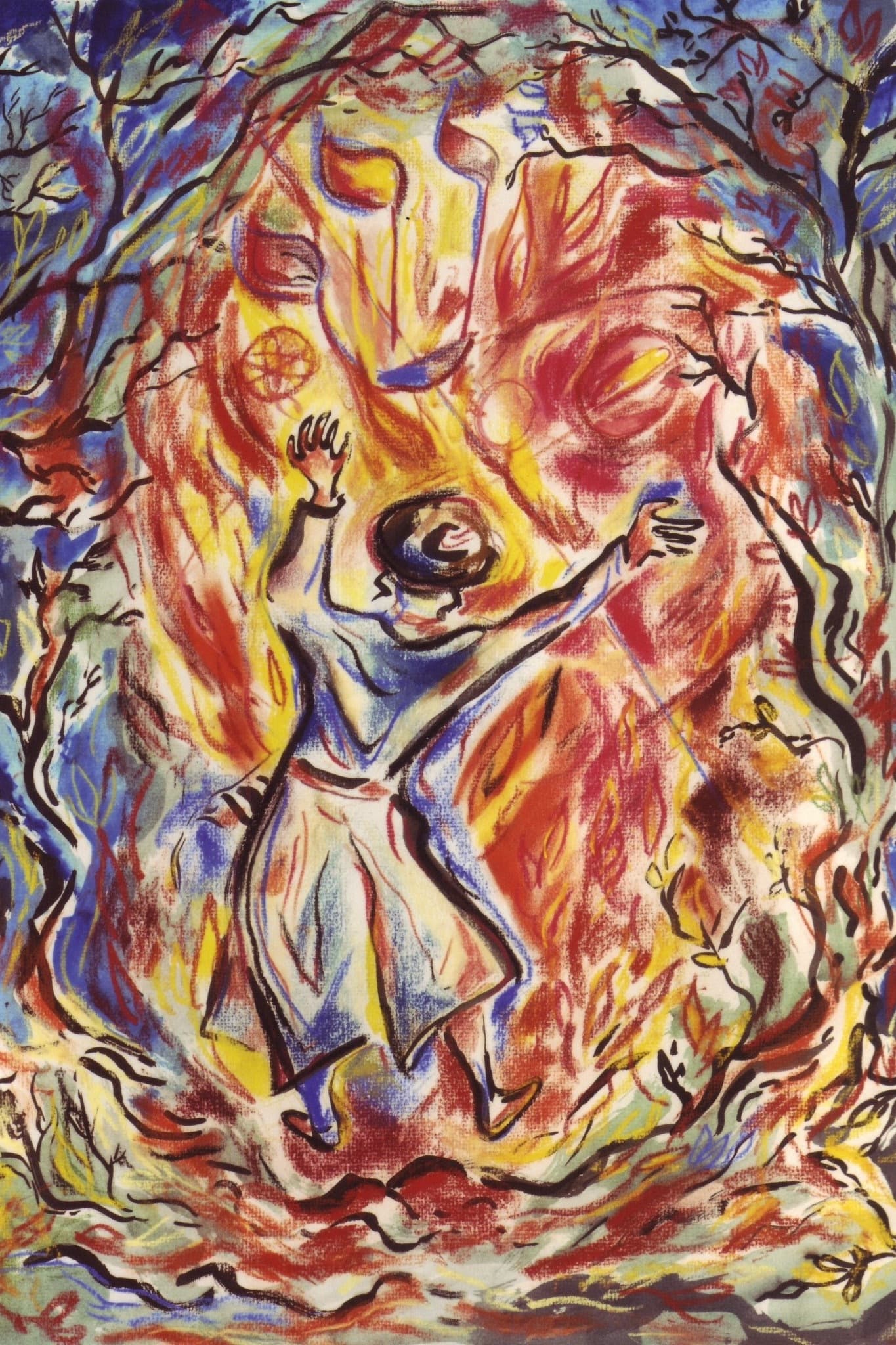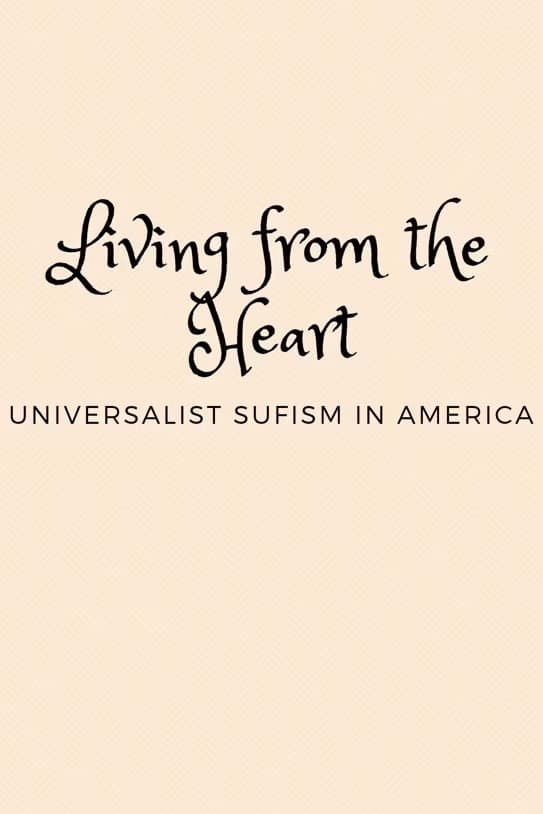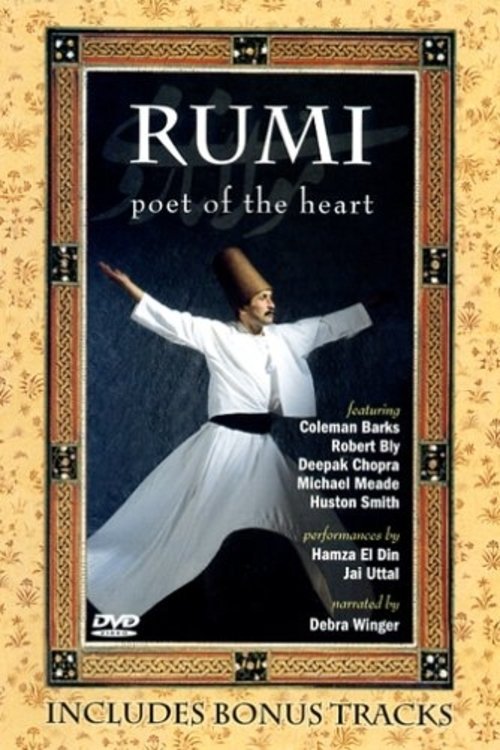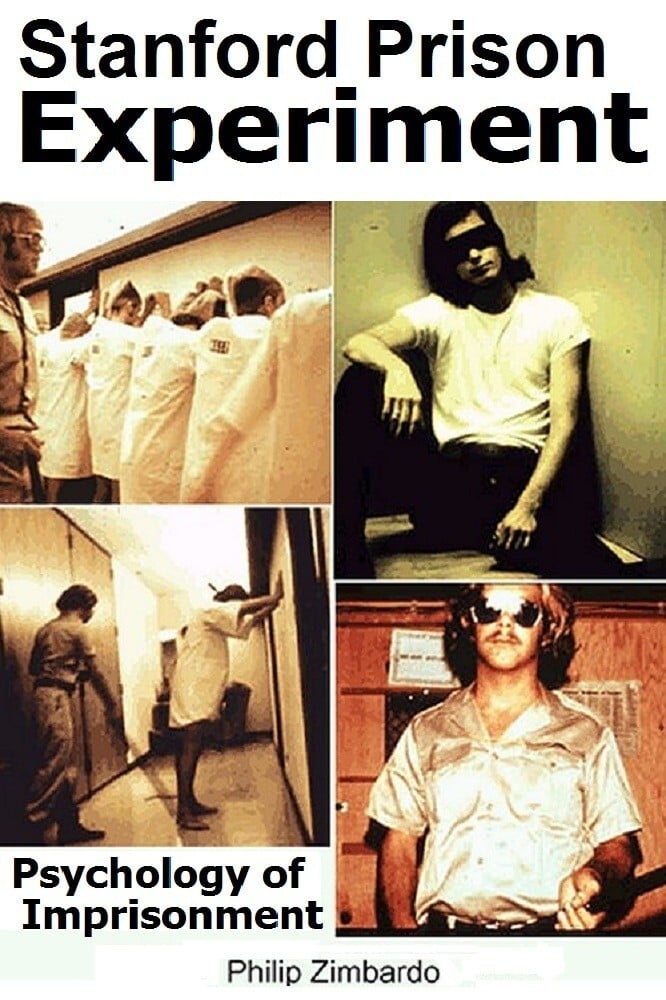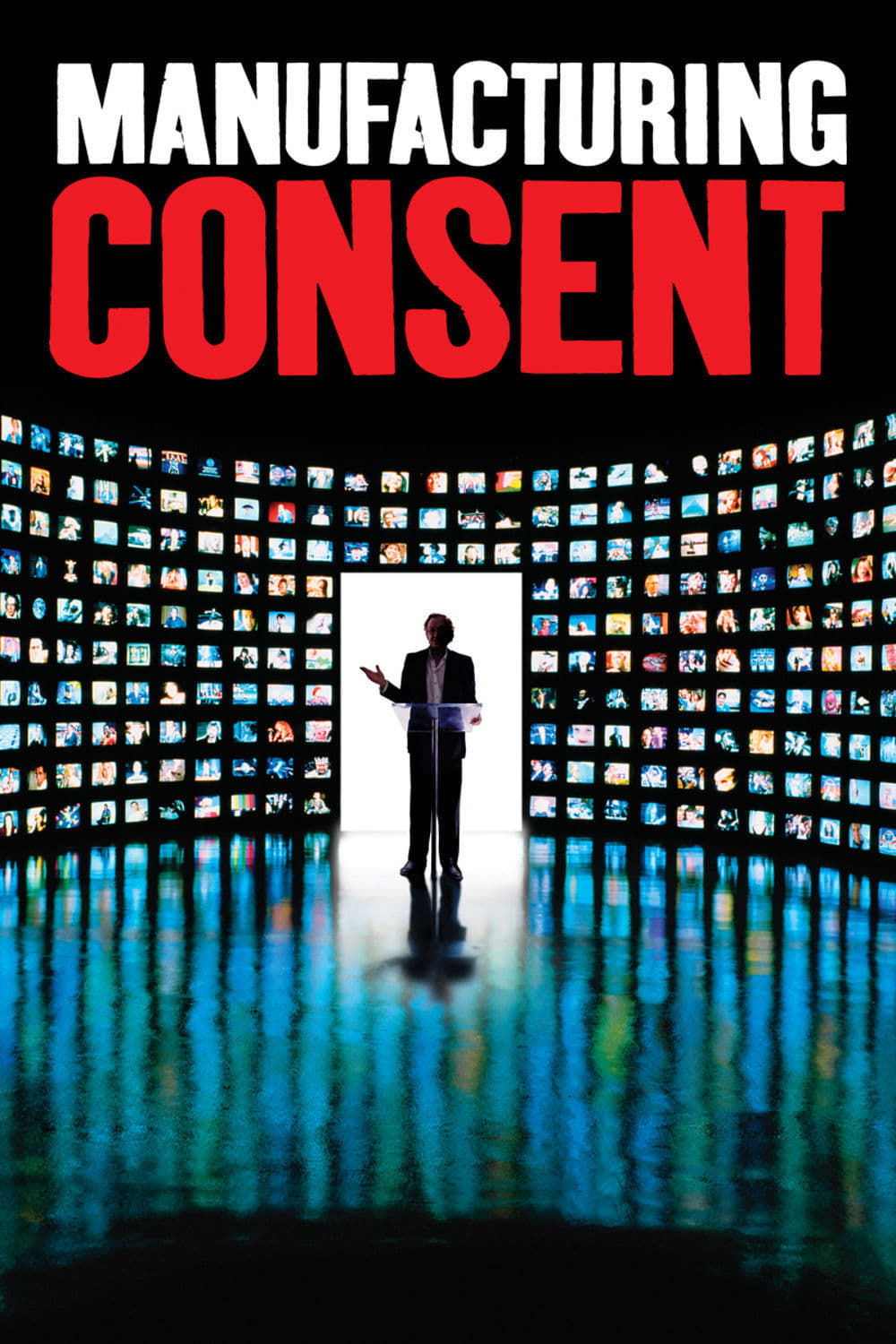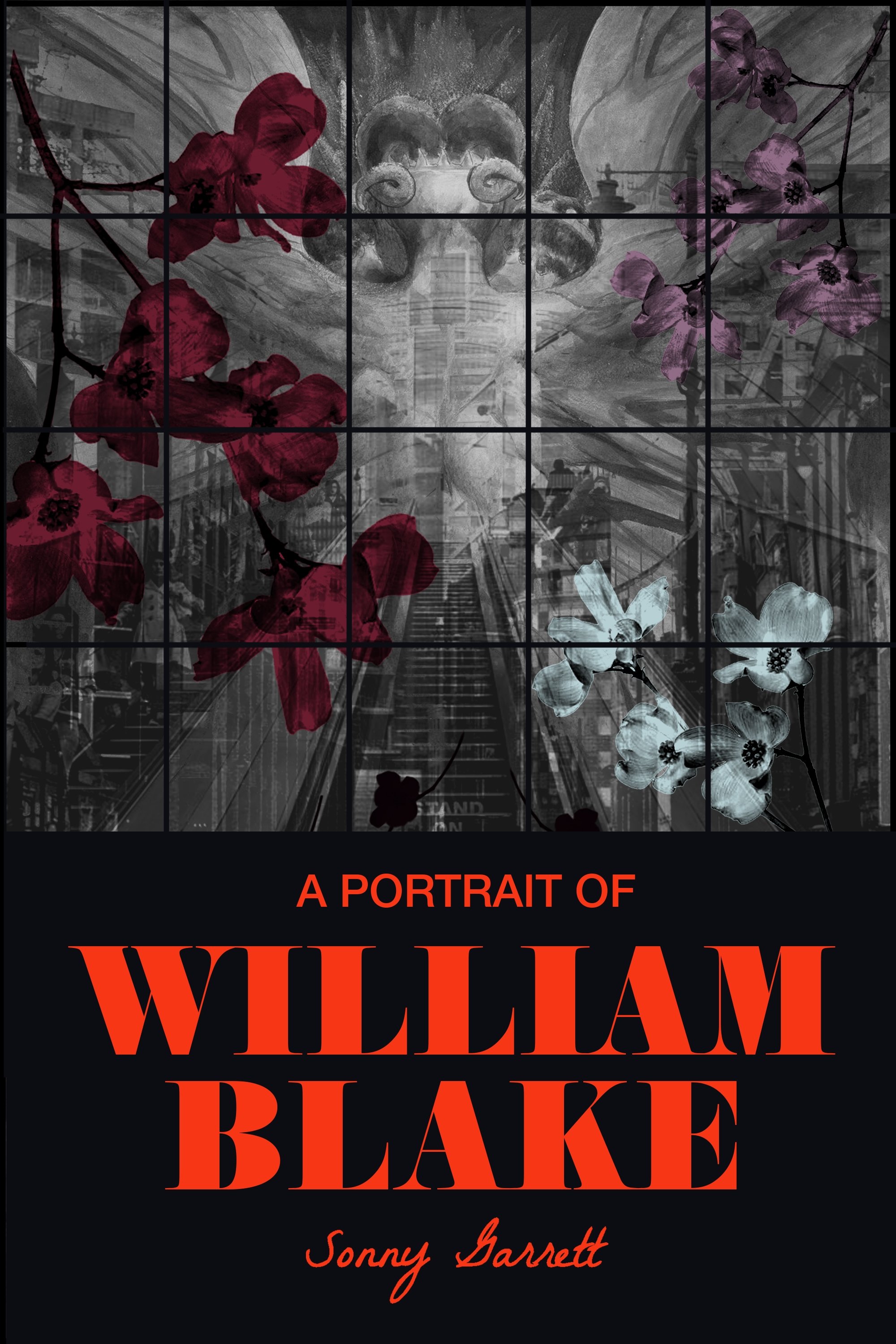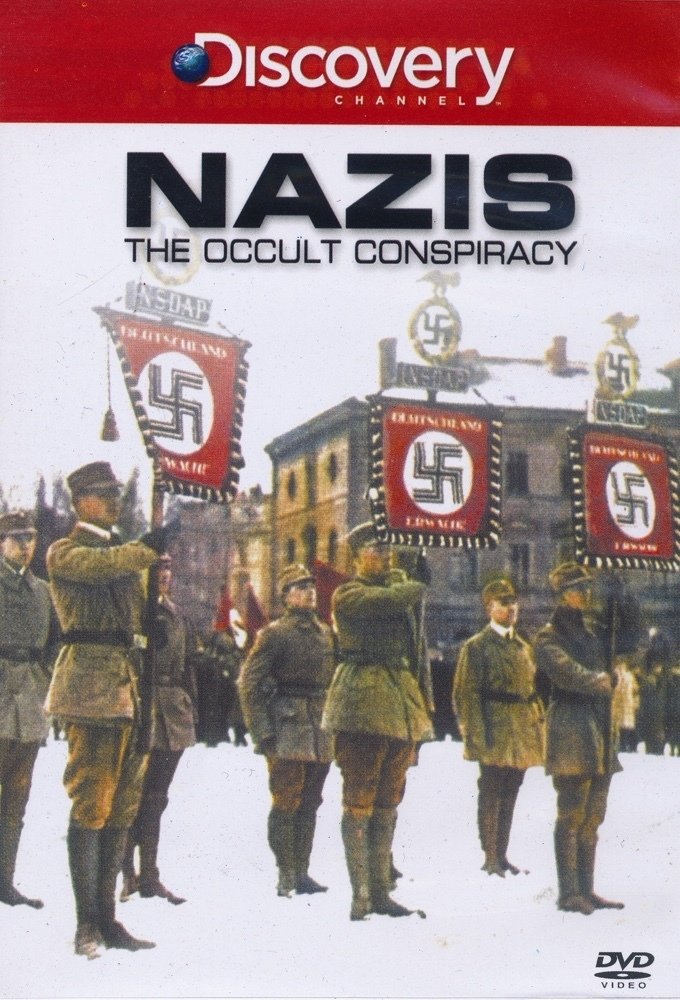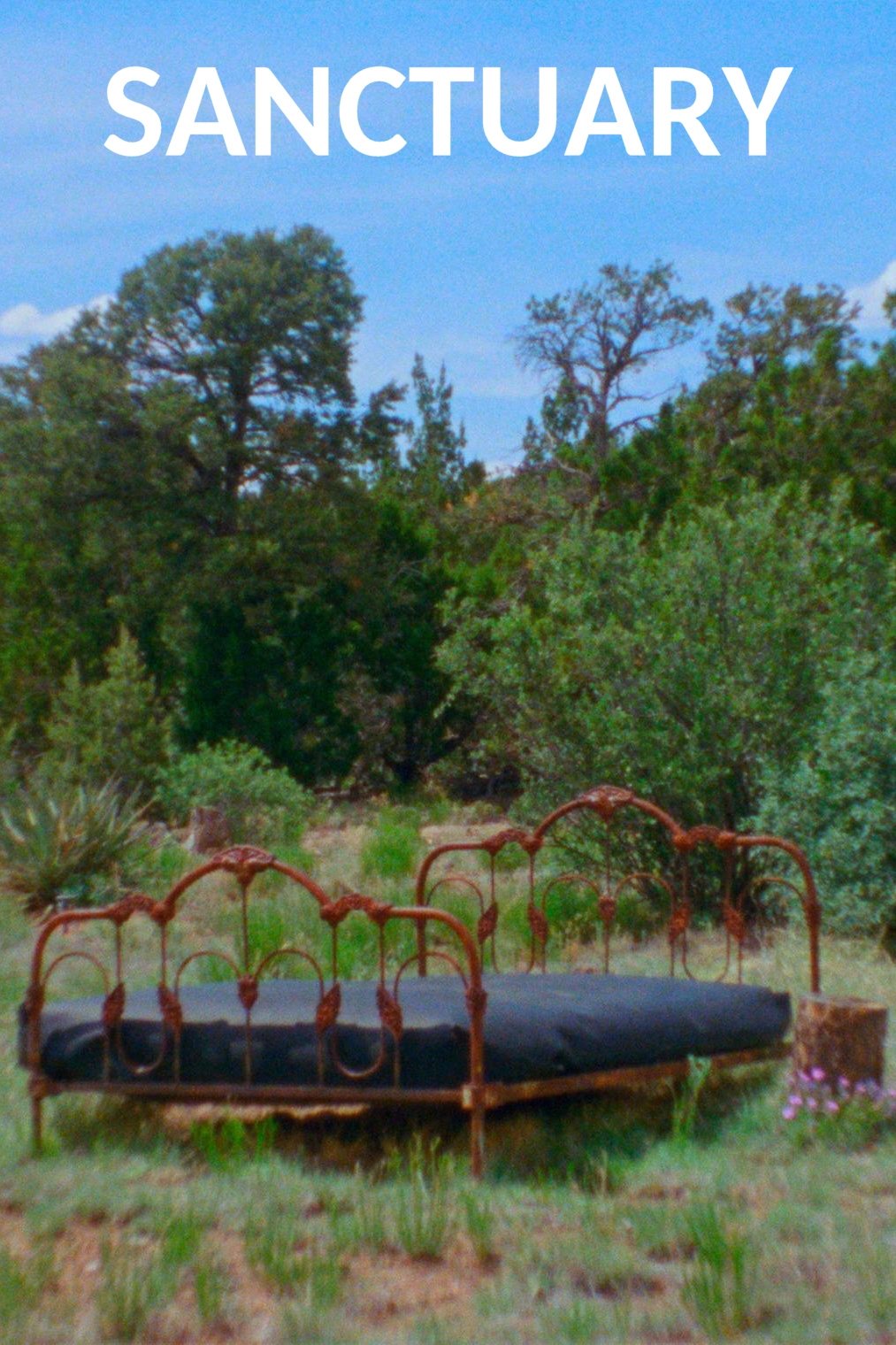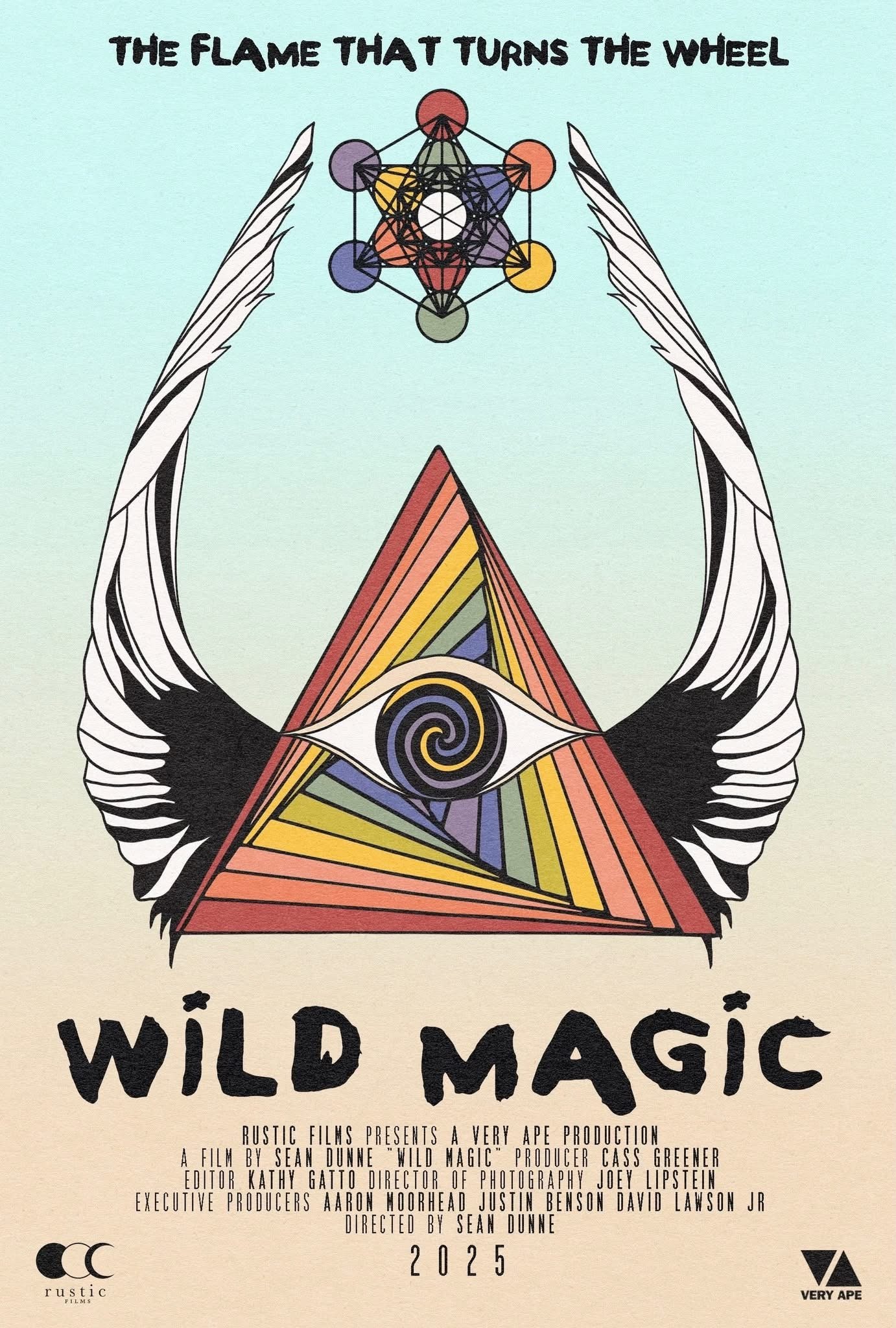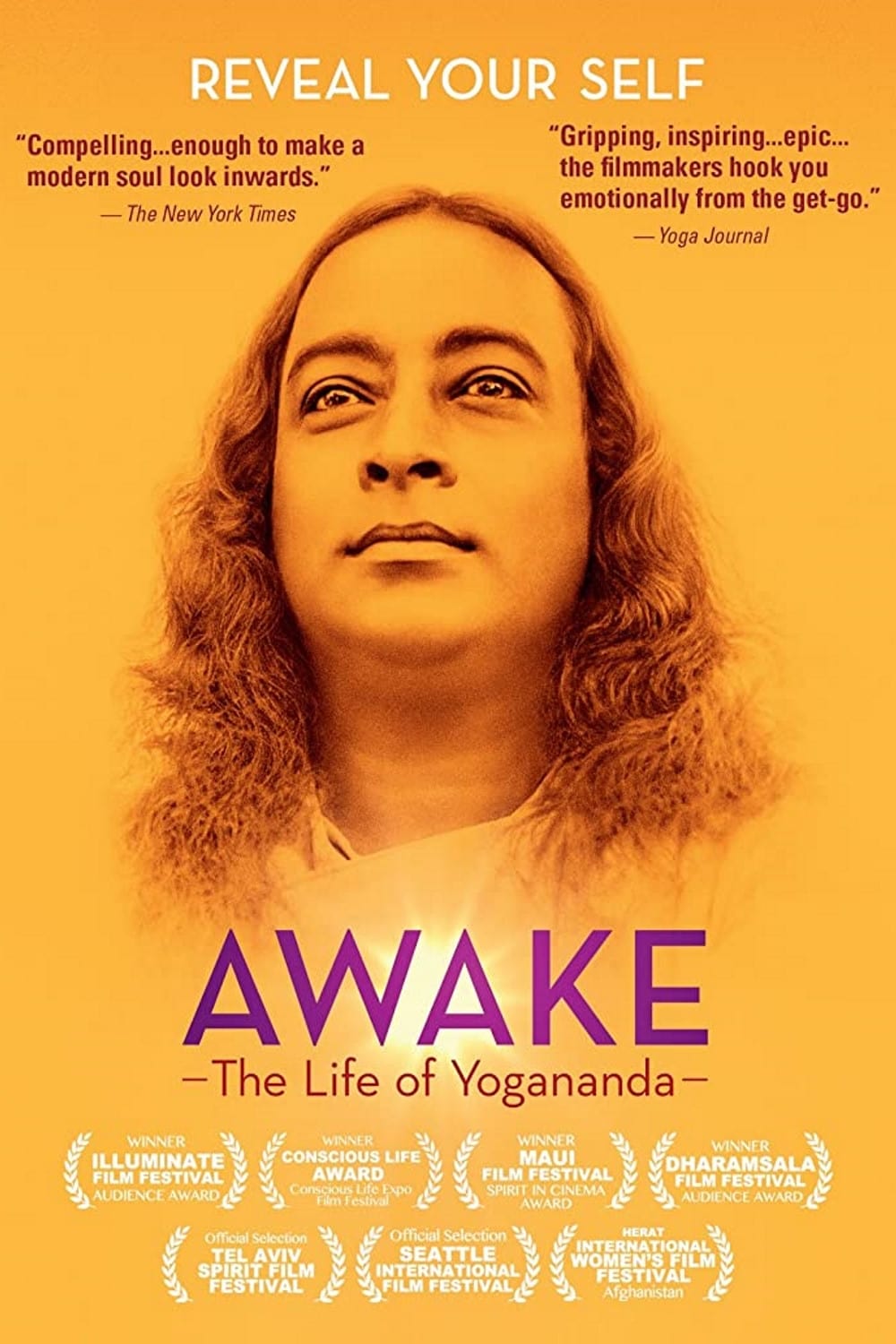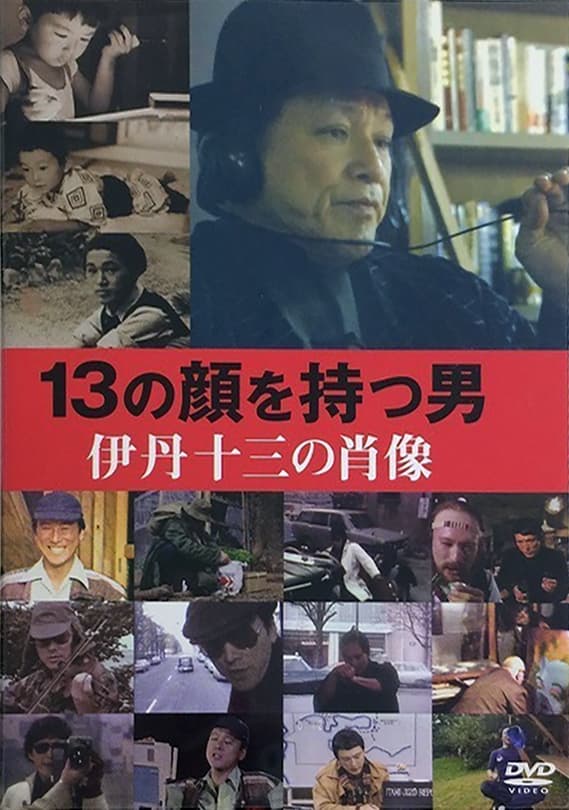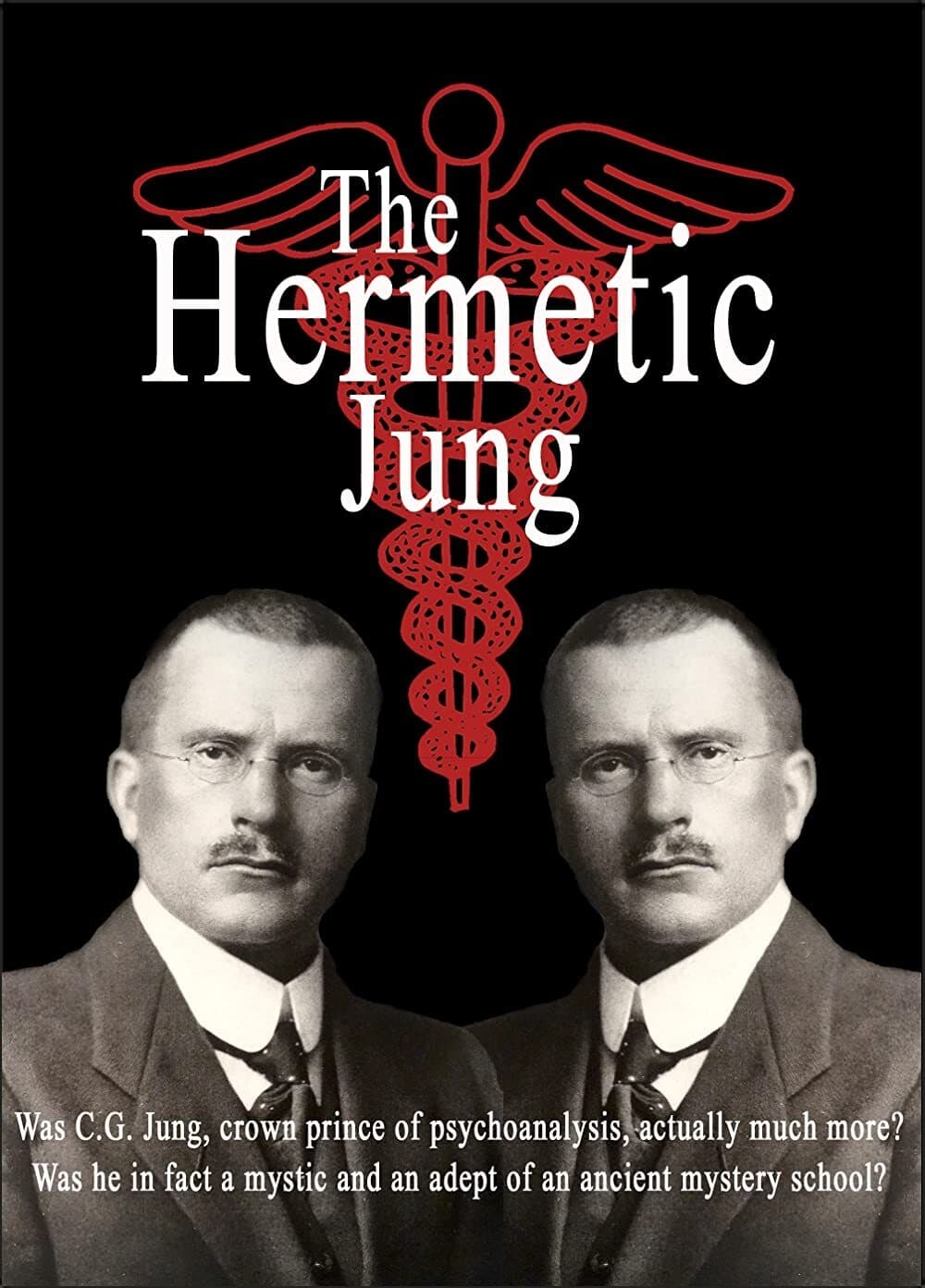
The Hermetic Jung (2016)
Overview
Acclaimed author Gary Lachman looks at renowned psychoanalyst C.G. Jung's work from an esoteric viewpoint, drawing parallells to the disciplines of mysticism and occultism.
Production Companies
Additional Info
| Budget | $34,000.00 |
|---|---|
| Revenue | $0.00 |
| Original Language | en |
| Popularity | 0.0822 |
Directed By
Jonathan Adams
TOP CAST
Similar Movies
A Fire in the Forest: The Life and Legacy of the Ba'al Shem Tov
Rabbi Israel ben Eliezer (1698-1760), known as the Ba'al Shem Tov ("Master of the Good Name"), is one of the most beloved and celebrated, yet elusive, figures in Jewish history. Today, Jews worldwide – and even non-Jews – revere him as the founder of the Hasidic movement, a 18th-century offshoot of Judaism that promotes a mystical interpretation of the Bible, and as a model of piety and spirituality. The documentary A FIRE IN THE FOREST explores the life and legacy of the Ba'al Shem Tov through interviews with religious leaders and scholars, and on-location footage. The title derives from a tale about rabbis finding a hidden fire in the forest where they could appeal to God for help and have their prayers answered.
Living from the Heart: Universalist Sufism In America
Living from the Heart: Universalist Sufism in America, directed by Chuck Davis and Netanel Miles-Yépez, offers an introduction to the mystical path of Sufism as expressed in the universalist Sufi teachings of Hazrat Inayat Khan by contemporary Sufi teachers in America. The film contextualizes Sufism as a spiritual path of the heart, addressing the distinction between Islamic Sufism and Universalist Sufism, and introduces viewers to Sufi teachings on Love, Beauty, Music, God, and the Sufi practices of Zikr (remembrance) and Pilgrimage.
Rumi: Poet of the Heart
In 1244, Jelaluddin Rumi, a Sufi scholar in Konya, Turkey, met an itinerant dervish, Shams of Tabriz. A powerful friendship ensued. When Shams died, the grieving Rumi gripped a pole in his garden, and turning round it, began reciting imagistic poetry about inner life and love of God. After Rumi's death, his son founded the Mevlevi Sufi order, the whirling dervishes. Lovers of Rumi's poems comment on their power and meaning, including religious historian Huston Smith, writer Simone Fattal, poet Robery Bly, and Coleman Barks, who reworks literal translations of Rumi into poetic English. Musicians accompany Barks and Bly as they recite their versions of several of Rumi's ecstatic poems.
Jung On Film
This compelling film represents a rare record of an original genius. In Jung on Film, the pioneering psychologist tells us about his collaboration with Sigmund Freud, about the insights he gained from listening to his patients' dreams, and about the fascinating turns his own life has taken. Dr. Richard I. Evans, a Presidential Medal of Freedom nominee, interviews Jung, giving us a unique understanding of Jung's many complex theories, while depicting Jung as a sensitive and highly personable human being.
Stanford Prison Experiment: Psychology of Imprisonment
The Stanford prison experiment was a landmark psychological study of the human response to captivity, in particular, to the real world circumstances of prison life, and the effects of imposed social roles on behaviour. It was conducted in 1971 by a team of researchers led by Philip Zimbardo of Stanford University.
The Pervert's Guide to Cinema
A hilarious introduction, using as examples some of the best films ever made, to some of Slovenian philosopher and psychoanalyst Slavoj Žižek's most exciting ideas on personal subjectivity, fantasy and reality, desire and sexuality.
Manufacturing Consent: Noam Chomsky and the Media
A film about the noted American linguist/political dissident and his warning about corporate media's role in modern propaganda.
A Portrait of William Blake
A short documentary about the life work and philosophy of William Blake featuring an interview with John Higgs.
Nazis: The Occult Conspiracy
This documentary examines how Adolf Hitler and the Nazi regime made use of ancient mysticism, occultism, and mind-control techniques in their efforts to win the war.
Sanctuary
Sanctuary explores queer spirituality and utopian sexualities through the figure of Purusha Androgyne Larkin (1934–1988), a monk, pioneering gay filmmaker, and self-proclaimed cosmic-erotic mystic. Larkin’s 1981 book, 'The Divine Androgyne According to Purusha', challenged repression with a spiritual vision rooted in eroticism and presented a radical path to cosmic-erotic consciousness through ‘extreme’ forms of sexual pleasure. Sanctuary explores Larkin's attempt to form a utopian, pleasure-based spiritual community, and considers the complex legacies of his ideas in queer culture. Shot on 16mm, the film weaves together the voices of Larkin’s friends and followers, creating a portrait in absentia of a figure ahead of his time.
Merton: A Film Biography
In his lifetime, Thomas Merton was hailed as a prophet and censured for his outspoken social criticism. For nearly 27 years he was a monk of the austere Trappist order, where he became an eloquent spiritual writer and mystic as well as an anti-war advocate and witness to peace. Merton: A Film Biography provides the first comprehensive look at this remarkable 20th century religious philosopher who wrote, in addition to his immensely popular autobiography The Seven Storey Mountain, over 60 books on some of the most pressing social issues of our time, some of which are excerpted here. Merton offers an engaging profile of a man whose presence in the world touched millions of people and whose words and thoughts continue to have a profound impact and relevance today.
Wild Magic
A kaleidoscopic road trip through modern mystical Americana, revealing the hidden magic that’s happening all around us. A living tribute to the glimmering pockets of light beneath the crumbling facade of the American Dream, inviting viewers to slow down and engage with the unseen.
Awake: The Life of Yogananda
An unconventional biography by Oscar nominee Paola di Florio and Sundance winner Lisa Leeman about Hindu mystic Paramahansa Yogananda who brought yoga and meditation to the West in 1920 and authored the spiritual classic "Autobiography of a Yogi," which became the go-to book for seekers from George Harrison to Steve Jobs.
TimeWave Zero
Terence McKenna gives us a detailed description of his TimeWave concept and a demonstration of the software Terence originated in his early exploratory period of deep study with the I Ching, the ancient oracular Chinese Book of Changes. He proudly takes us on a biographical tour of our culture from his personal library in the early 80's to what he saw the TimeWave project to 2012. Terence describes the Time Wave as his "only original work". The first part of this piece is the first visual description of Terence's unique theory. The second chapter of the tape astounds the viewer with the display of the the historical resonances that demonstrates how the last 4000 years are compressed into the increasingly speeded up, drawn and squeezed collective thoughts of the "Gaian matrix". Terence McKenna partnered with Sound Photosynthesis' media magicians Faustin Bray and Brian Wallace at the helm to create the visuals that dance and spiral with Terence's every suggestion.
The Sufi and the Scientist
The Sufi and the Scientist is the collective story of Sufi healer Sayyid Arif Hussain, the medieval Sufi Sheikh Haji Ali, and Dr. Thornton Streeter, a scientist working in the realm of human consciousness.
History and Stories of Psychoanalysis
The film consists mainly of interviews with readers of Freud in Brazil and several places in Europe, and touches on topics such as history, translation, culture, language and, especially, Freud himself.
Jacques Lacan: La Psychanalyse 1 & 2
In "psychanalyse", a two part documentary, the psychoanalyst Jacques Lacan answers to questions submitted by his son-in-law Jacques-Alain Miller under the direction of Benoit Jacquot. The Office de Radiodiffusion Television Francaise (ORTF, the french public TV) broadcast this program. This documentary and its text became famous because this is the only televisual experience practiced by Lacan. A fair amount is made of the fact that Lacan was renowned for his powers of seduction and what effect this had on transference in the clinical setting. According to some of the interviewees, he could be irresistibly seductive, so much so that some thought him "monster".
